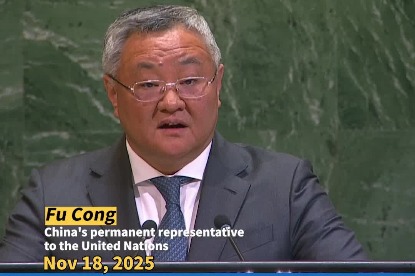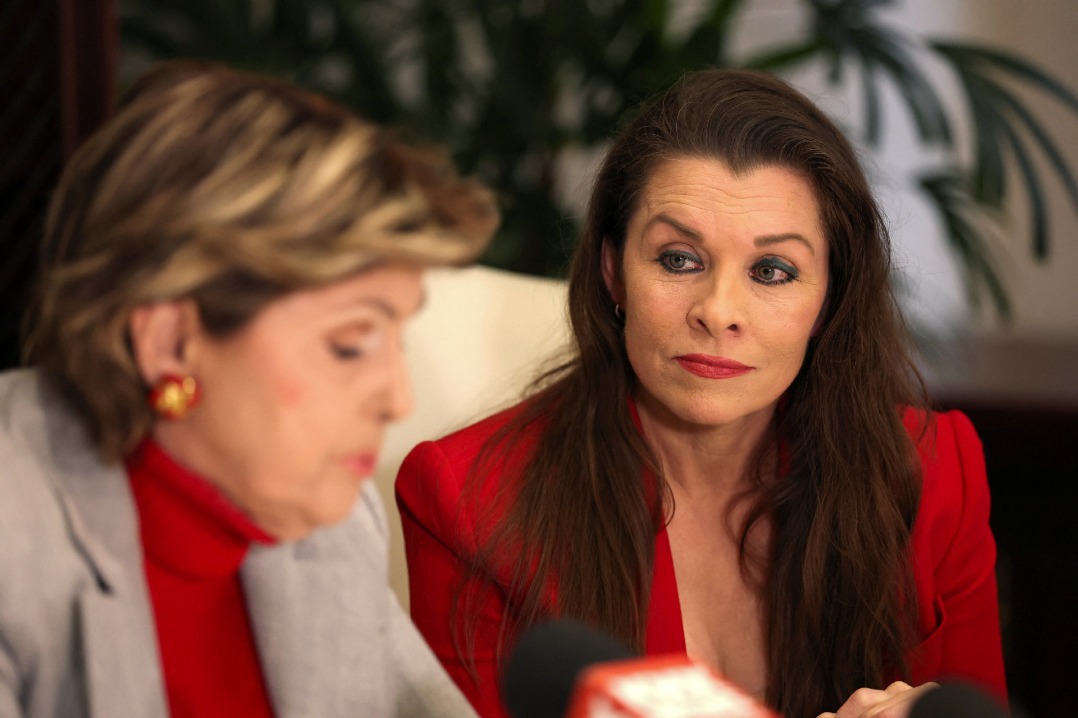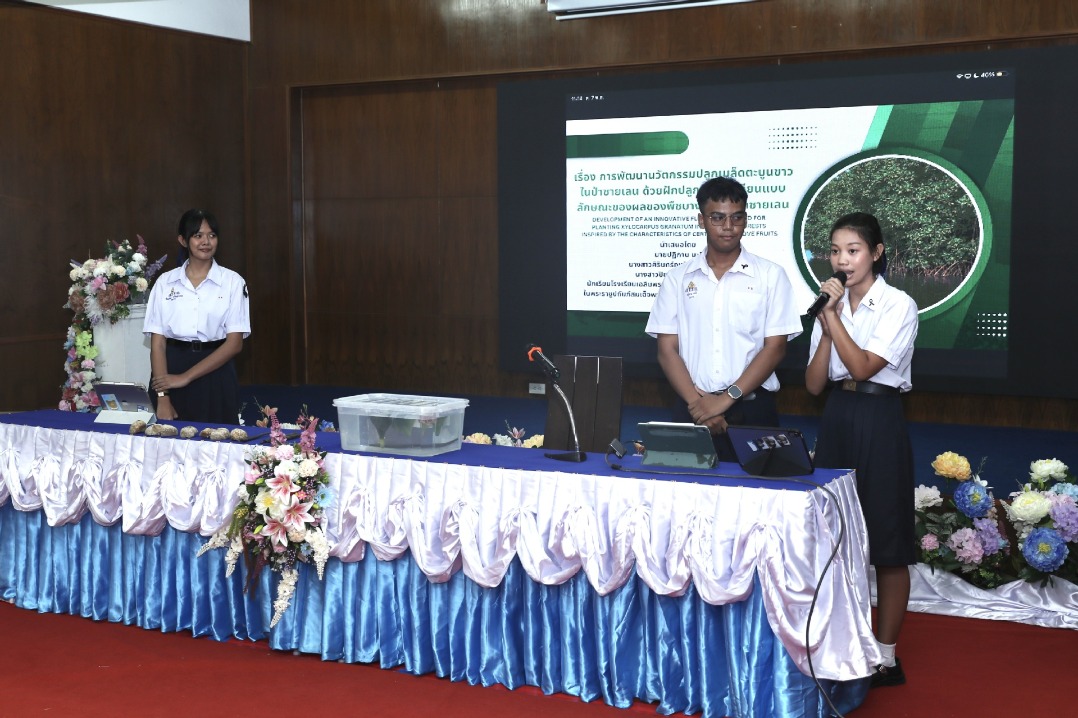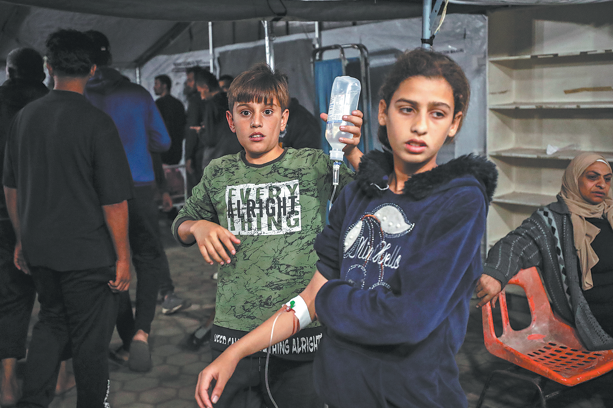Military surge in Caribbean raises concern
US antidrug operations condemned as power play amid growing global outcry


The United States has been escalating its military presence in the Caribbean Sea under an alleged antidrug campaign, but experts say its objective is more about tightening its political and economic grip over Latin America, which risks destabilizing the region.
Since September, US forces have adopted a more aggressive posture in the Caribbean and eastern Pacific Ocean, conducting attacks against alleged drug-smuggling vessels in international waters, resulting in at least 80 fatalities, according to US media reports.
While Washington claims these actions were part of a broader effort to reduce drug flow into the US, it has yet to provide evidence linking the targeted vessels to drug smuggling.
Venezuela's Foreign Minister Yvan Gil said last week that the attacks violated fundamental principles of international law.
Cao Ting, director of the Center for Latin American Studies at Fudan University in Shanghai, said counter-narcotics has long been a recurring pretext for US intervention in Latin America.
Reports from the US Drug Enforcement Administration showed that Venezuela is not a primary source of drugs entering the US.
Venezuelan President Nicolas Maduro has repeatedly condemned such US actions as attempts to deprive him of power and expand military influence in Latin America.
The US military deployment in the Caribbean reached a peak with the arrival of the Gerald R. Ford aircraft carrier strike group last week, pushing the total military personnel in the region to more than 15,000, the largest buildup in decades.
Zheng Meng, an associate research fellow at the Institute of Latin America Studies at the Chinese Academy of Social Sciences, said the scale and intensity of US military deployment far exceed what is necessary for drug interdiction.
The true purpose behind this series of actions is to strengthen political control and pursue economic gains in Latin America, Zheng said.
"Since US President Donald Trump's first term, political dominance and economic exploitation have been central to the administration's Latin America policy," he said.
"The current military surge in the Caribbean represents a continuation and escalation of that strategy, aiming at overthrowing the Venezuelan government, curbing left-wing influence in the region and securing Venezuela's vast oil reserves."
He described this as a revival of the Monroe Doctrine — the 19th-century US foreign policy named after president James Monroe that viewed Latin America as the country's exclusive sphere of influence.
Cao echoed, saying the underlying motivation for the US military deployment is to expand its sphere of influence in Latin America.
Washington's actions have sparked controversy both at home and abroad. A Reuters/Ipsos poll released earlier this month found that only 29 percent of people in the US support military strikes against suspected drug traffickers without judicial oversight.
On the sidelines of the G7 foreign ministers' summit in Canada last week, French Foreign Minister Jean-Noel Barrot said the US military operations in the Caribbean "violate international law".
The United Kingdom has suspended intelligence sharing with the United States on suspected drug trafficking vessels in the Caribbean, signaling doubts about the legality of Washington's practice, CNN reported last week.
Political costs
Zheng said that while international pressure may not immediately halt US military operations, it raises the political and moral costs for Washington.
Cao said US unilateral actions and power politics violate international law, undermine regional peace and stability, and are met with widespread dissatisfaction globally.
"These opposing voices put pressure on the US government and significantly damage its image both internationally and among its own citizens," she said.
Amid growing concerns, US Defense Secretary Pete Hegseth announced on Nov 13 a military operation named "Southern Spear", with the stated goal to "remove narco-terrorists".
Zheng said that as the United States continues to escalate its military operations, Latin America will face a more dangerous and uncertain situation, which turns what should be a peaceful region into a volatile one.
Xinhua and agencies contributed to this story.
yangran1@chinadaily.com.cn
































